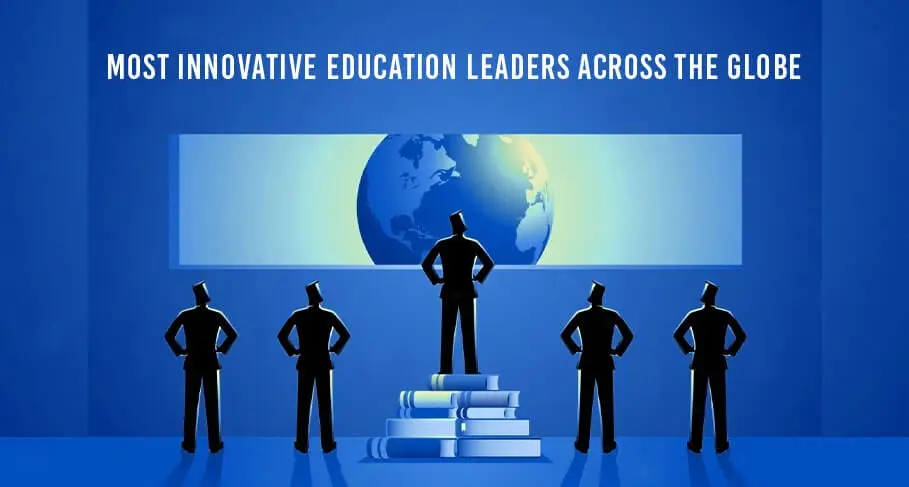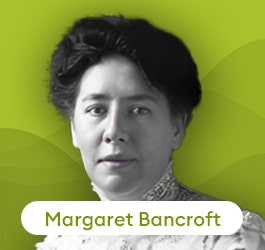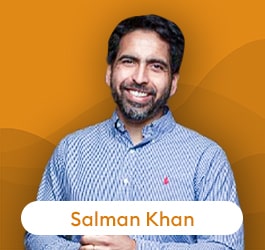Leaders live by the adage, “Be the game-changer, not the follower.” They know that true innovation requires much more than mere creativity. The leaders innovate and create. However, innovation is more difficult than it appears. Innovation necessitates the addition of a method to creativity, and innovation in education primarily demands this.
In this article, we have enlisted a few popular, innovative education leaders who have brought about unforeseen developments in the world of education.
E.D Hirsch, Jr.
E.D. Hirsch, Jr., a long-time education reform advocate, became the chairman and founder of the Core Knowledge Foundation in 1986. The organization is principally responsible for establishing and implementing the national Common Core. Hirsch believes that knowledge is cumulative and that students must learn a broad knowledge base to understand and learn new information. His approach has significantly impacted the United States curriculum development and educational policy. E.D. Hirsch, Jr. is both a critic and a supporter of the Common Core State Standards. While he believes the standards promote a more rigorous and coherent curriculum, he is critical of the focus on close reading and textual analysis, which can neglect background knowledge and cultural context. Hirsch also criticizes the emphasis on standardized testing and the lack of attention given to social studies and science education.
Though it is too early to predict the success of Common Core, Hirsch’s curriculum has become increasingly divisive, with many states litigating the right to refuse to implement it in public schools.
Bobby Jindal
Bobby Jindal, a Republican presidential candidate, is recognized in Louisiana as a sweeping reformist who sparked the Southern state’s long rise to progress. Jindal, in particular, extended Louisiana’s scholarship voucher and school choice programmes for low-income pupils. As a result, more than half of the state’s 380,000 pupils are now eligible for an additional $8,500 “scholarship” for their parent’s preferred public, private, or charter school. The Wall Street Journal recently lauded Jindal for holding teachers accountable and improving education.
Charlotte Mason
Charlotte Mason, a British citizen and one of the earliest female educational pioneers, believed that all children should have access to a liberal arts education irrespective of their socio-economic background. Charlotte was committed to enhancing children’s education. She founded the Parents’ Education Union because she saw the necessity of educating parents about discipline and child training. She believed that “living books” and real-life experiences were the most excellent way for children to learn rather than the common/conventional dry textbooks. Her techniques included promoting the pleasure of the arts and studying famous artists and musicians. Several of her instructional approaches were well-suited to home education. Many homeschooling parents and educators have been impacted by her emphasis on the cultivation of good habits, the importance of living ideas, and the use of narration and discussion as teaching strategies. Her ideas have been incorporated into homeschooling courses worldwide, helping to mould many families that view homeschooling as a form of education.
Margaret Bancroft
Margaret Bancroft’s intelligence, imagination, and passion for her students define her as an exceptional educator. At the young age of 25, she embarked on the courageous and lonely venture of establishing the first private boarding school in Haddonfield, New Jersey, for children with delayed brain development. She believed that rather than being institutionalized, disabled children needed special classrooms, customized materials, and well-trained teachers. Bancroft’s kids responded positively to her affection, patience, and personalized education. Under her influence, the medical profession came to recognize its obligation to assist in correcting abnormalities and disabilities in children. Admirers of her talent flocked to train with her and went on to become leaders in special education.
Dr.Eric Jensen
Dr. Eric Jensen is a former secondary school teacher specializing in applied cognitive learning science. He has a master’s degree in organizational development and a doctorate in human development. Eric’s educational journey began with his acceptance of accelerated learning techniques. He co-founded SuperCamp, the first and largest brain-compatible residential enrichment programme, which today has over 80,000 graduates and is held in 14 countries. For over 25 years, he has trained educators and trainers worldwide in this profession.
He also explored the application of neuroscience in education. Dr. Jensen is currently a member of the Society for Neuroscience, one of the World’s largest of its kind. He has co-produced 19 worldwide mind-body conferences that have exposed educators to cutting-edge neuroscience. He has written several books, including Teaching with the Brain in Mind and Brain-Based Learning, Teaching with Poverty in Mind, and 29 other books on learning and the brain.
He has taught in three universities and worked with over 500 schools. Dr. Jensen’s efforts to enhance education are geared towards producing a long-lasting effect.
Diane Ravitch
A Research Professor, Diane Ravitch, recently retired from New York University. She is also the co-founder and president of the Network for Public Education. She has achieved many notable accomplishments, such as receiving the Daniel Patrick Moynihan Prize from the American Academy of Political and Social Sciences and having two national best-selling books. In 2014, she was honoured with the Grawemeyer Award for her book “The Death and Life of the Great American Education System.” She has received 12 honorary degrees.
Diane Ravitch has made major contributions to education. Her work has had an impact on policy discussions and educational practices, particularly in the areas of standardized testing, accountability, school choice, and privatization. Ravitch has been an outspoken critic of the concentration on test scores and a proponent of policies that support and develop public schools. Her publications on educational history provide a critical context for current issues and have had a long-lasting influence on policy and practice.
Elliot Masie
Elliott Masie is a scholar, educator, analyst, and speaker focusing on the shifting worlds of work, learning, and technology. Elliott is recognized as the inventor of “eLearning” and has advocated for the rational deployment of learning and collaboration technology to promote organizational effectiveness and profitability.
He is the director of The MASIE Center in Saratoga Springs, New York, which focuses on how businesses may encourage learning and knowledge in the workplace. He leads the Learning COLLABORATIVE, a partnership of 75 global organizations working to evolve learning strategies. He is the editor of Elliott Masie’s e-NOTES & Learning TRENDS (Internet newsletters read by corporate leaders worldwide) and a regular commentator for professional magazines such as CLO Magazine. He published 12 books, such as the ASTD/MASIE Center’s Big Learning Data and current eBooks on “Learning Pivots”, “Empathy”, and more.
Salman Khan
Salman Khan is among the most popular Bangladeshi Indian American educators, who is an entrepreneur and a former hedge fund analyst. He founded Khan Academy, a free online education platform worldwide. The Khan Academy mainly focuses on sciences and mathematical fields, and those subjects are presented through more than 4000 videos with more than 1 million subscribers. As the discoverer of this new kind of education world, TIME and Forbes recognize him as one of the 100 Most Influential People in the World and a $1 Trillion Opportunity.
Angela Maiers
Angela founded Choose2Matter to give the world hope by assisting each individual in recognizing their worth and potential contribution. Choose2Matter was introduced to inspire kids to collaborate & discover innovative solutions to societal problems, but it has since grown into a global movement that supports parents, educators, and employees. Her work in 60,000 classrooms in 100 countries has inspired over a million youngsters to create 170 social enterprises and enact 17 laws. Firms across all industries are discovering new methods to unleash their employees’ brilliance, successfully solving a $15 trillion employee engagement challenge. Angela earned a B.S. in Education with a minor in Neuroscience and a master’s degree in Literacy and Ed Leadership.
Here is another post that you may like: Top Education Influencers from the U.K. to Follow in 2023.











